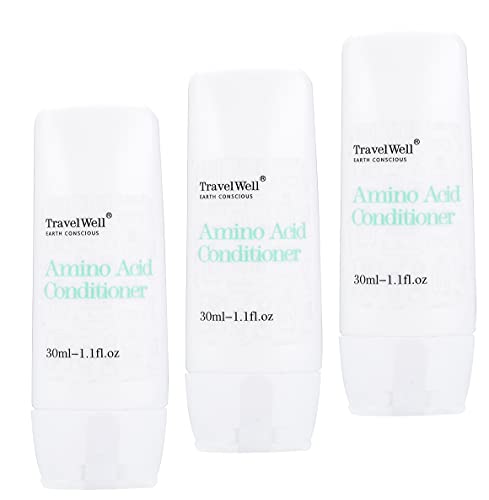I think the American residential mortgage is pretty unique. Canada doesn't do 30 years fixed on a home that I know of unless it changed. Our commercial loans are pretty close to what Canada does for mortgages 3-5 years then you redo it.
Which is what I just got on my B&B in the states. 3 years fixed at 5.75..
No such thing as 30 years fixed in Canada. Most mortgages are up to 5 years. Amortisation is a seperate issue. I just checked my bank and they do have a 18 year fixed rate mortgage (I'm very surprised). But the rate .... 8.85% when a 5 year is at 4.14%. And a 5 year variable rate is at 2.85% (I'm paying much lower than that, but I negotiate well and I have excellent credit history, the kind banks dream of.)
I checked ING and they are offering 3.19% for 1 year fixed, 2.25% for 5 year variable (I'm still paying less than that!) and 4.99% for 10 year fixed. So obviously my bank has left more room for negotiations.
When we bought the house we took a 3 year variable (open) with 40 year amortisation. When we renewed we took a 5 year variable (closed) and changed the amortisation to 20 years. Open means that you can pay off the mortgage at any time. Closed mean that you have to pay a penalty to pay off your mortgage (usually 3 months payments.) We also have what is called 20+20 which means we can increase our payments by up to 20% per year and we can make lump sums of up to 20% of the principal in any one year.
.
((
((









![Bed & Breakfast Tracker Plus for Mac [Download]](https://m.media-amazon.com/images/I/51iSnnH5vmL._SL500_.jpg)








![Bed & Breakfast Tracker Plus [Download]](https://m.media-amazon.com/images/I/51m1WPxMV7L._SL500_.jpg)










